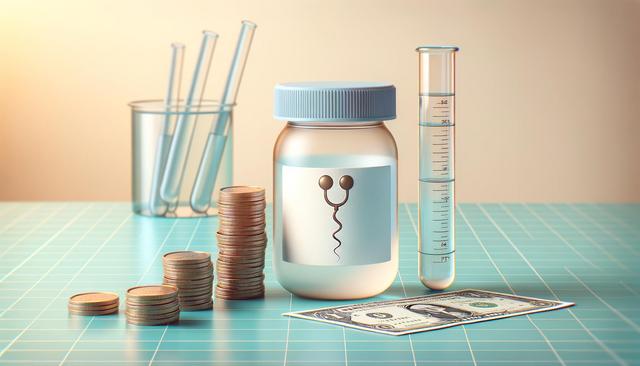The Concept of Body Image
Body image refers to the perception and attitude an individual has towards their own body. It encompasses how one sees themselves in the mirror, how they feel about their appearance, and how they believe others perceive them. This concept is deeply influenced by personal experiences, cultural norms, and media portrayals of beauty. A positive body image means having a realistic perception of one’s appearance and appreciating one’s body for its capabilities and uniqueness.
Conversely, a negative body image can lead to dissatisfaction and a distorted view of oneself. Factors contributing to body image issues include societal pressure to conform to certain beauty standards, exposure to idealized body types in media, and personal experiences of bullying or criticism. Understanding these influences is vital to addressing and improving body image perceptions.
Research shows that body image concerns are prevalent across various demographics. A study by the Mental Health Foundation found that one in five adults felt shame about their body image. This highlights the widespread nature of body image issues and the need for greater awareness and intervention.
The Role of Self-Esteem
Self-esteem is the overall sense of personal value and self-worth. It is an internal measure of how much one appreciates and likes themselves, regardless of external validations. High self-esteem is associated with positive outcomes such as resilience, better mental health, and increased life satisfaction.
Low self-esteem, on the other hand, can lead to a host of psychological issues including anxiety, depression, and a lack of motivation. It often stems from negative self-perceptions and can be exacerbated by critical environments or traumatic experiences. Building self-esteem involves fostering a positive self-image, setting realistic goals, and developing a supportive social network.
Understanding the interplay between self-esteem and body image is crucial, as they often influence each other. A negative body image can lower self-esteem, while low self-esteem can make individuals more susceptible to body image issues. Addressing both aspects is essential for improving overall mental health and well-being.
Media Influence on Body Image and Self-Esteem
The media plays a significant role in shaping body image and self-esteem. With the rise of digital platforms, individuals are constantly bombarded with images and messages that promote certain beauty standards. These portrayals often emphasize unrealistic body types, leading to comparisons and self-doubt among viewers.
Social media, in particular, has amplified these effects by creating environments where appearance is highly curated and filtered. The pressure to conform to these ideals can lead to negative body image and decreased self-esteem. However, media can also be a tool for positive change, with campaigns and influencers promoting body positivity and diversity.
To mitigate the negative impact of media, individuals can practice media literacy by critically evaluating the content they consume. Engaging with diverse and inclusive media representations can also help foster a healthier body image and self-esteem.
Cultural and Societal Impacts
Cultural and societal norms significantly impact body image and self-esteem. Different cultures have varying standards of beauty, which can influence how individuals perceive themselves. In some societies, thinness is idealized, while others celebrate more voluptuous body types.
These cultural standards are often perpetuated by family, peers, and media, shaping the way individuals view their bodies. Societal pressures to meet these standards can lead to body dissatisfaction and low self-esteem, particularly among marginalized groups who may not see themselves represented in mainstream media.
Promoting cultural diversity and inclusivity in beauty standards can help reduce the pressure to conform and encourage acceptance of all body types. Education and awareness campaigns can also play a role in challenging harmful stereotypes and fostering a more inclusive society.
Strategies for Improving Body Image and Self-Esteem
Improving body image and self-esteem involves a combination of personal reflection, behavioral changes, and social support. Here are some strategies to consider:
- Practice self-compassion: Treat yourself with kindness and understanding, especially during moments of self-doubt.
- Set realistic goals: Focus on achievable and healthy goals rather than striving for perfection.
- Limit media consumption: Be mindful of the content you engage with and choose media that promotes positivity and diversity.
- Seek support: Surround yourself with supportive individuals who uplift and encourage you.
- Engage in positive self-talk: Challenge negative thoughts and replace them with affirming statements about your worth and capabilities.
By implementing these strategies, individuals can work towards developing a healthier body image and boosting their self-esteem. It is a journey that requires patience and persistence, but the rewards are well worth the effort.




Leave a Reply